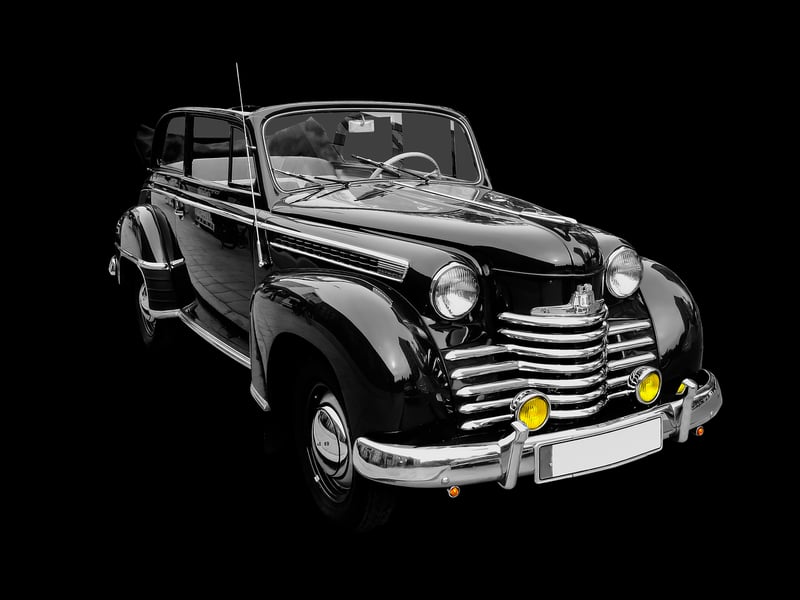Quantum Leap
The Evolution of Transportation: From Horse-Drawn Carriages to Quantum Leaps
Transportation has come a long way since the days of horse-drawn carriages and steam engines. With each passing era, advancements in technology have revolutionized the way we travel, making the world more connected than ever before. In this article, we will explore the evolution of transportation modes and even delve into the realm of quantum leaps.
1. Horse-Drawn Carriages
Before the invention of automobiles, horse-drawn carriages were the primary mode of transportation. They provided a means of travel for the elite and were a common sight on the streets of major cities.

2. Steam Engines and Trains
The advent of steam engines revolutionized transportation with the introduction of trains. This mode of transport made long-distance travel more efficient and accessible to the masses, shaping the industrial revolution.

3. Automobiles
Automobiles transformed the way people commuted and traveled. With the mass production of cars, individuals had the freedom to explore beyond their immediate surroundings, leading to the rise of road trips and suburban living.

4. Air Travel
The invention of airplanes revolutionized long-distance travel, making it possible to traverse continents in a matter of hours. Air travel continues to be a popular and efficient mode of transportation for both leisure and business purposes.

5. Quantum Leaps in Transportation
As technology continues to advance, the concept of quantum leaps in transportation is no longer confined to science fiction. Researchers are exploring ways to harness quantum mechanics to revolutionize transportation, potentially enabling instantaneous travel across vast distances.

From humble horse-drawn carriages to the prospect of quantum leaps in transportation, the evolution of modes of travel showcases the ingenuity and innovation of humanity. As we look towards the future, the possibilities for even more groundbreaking advancements in transportation are endless.
What mode of transportation do you find most fascinating? Share your thoughts with us!
